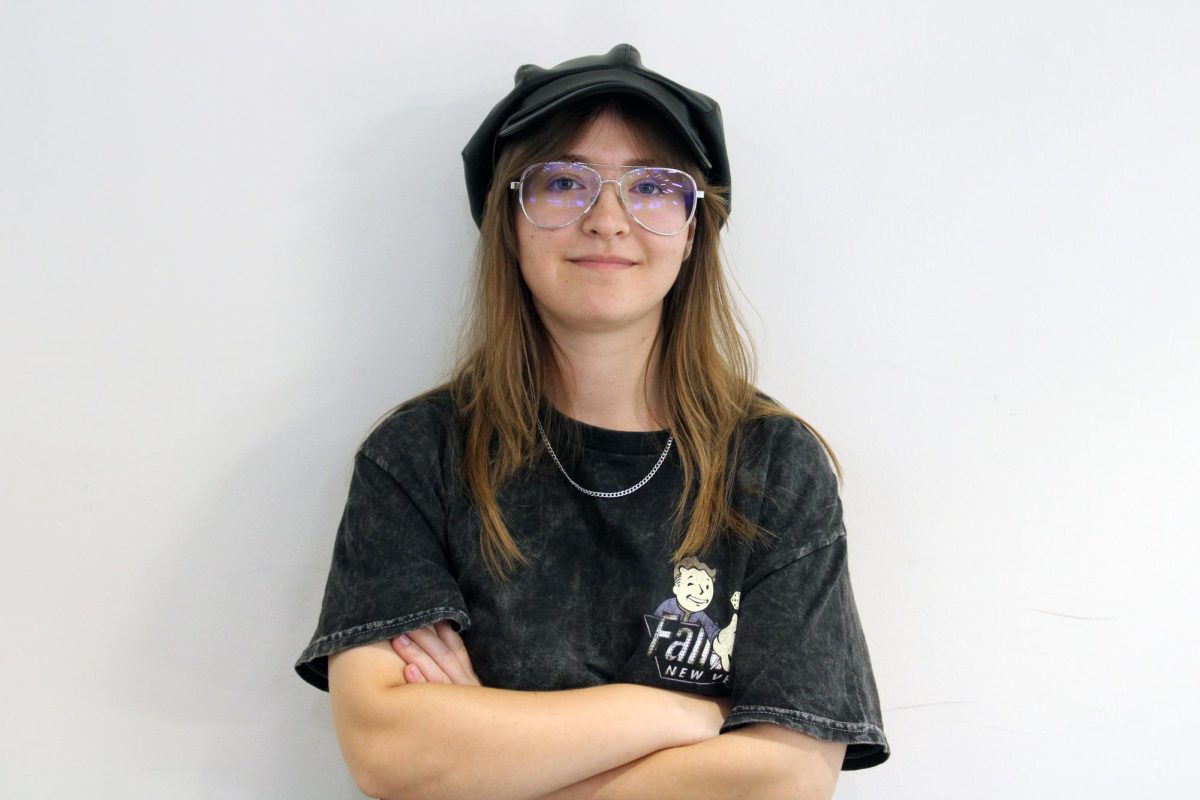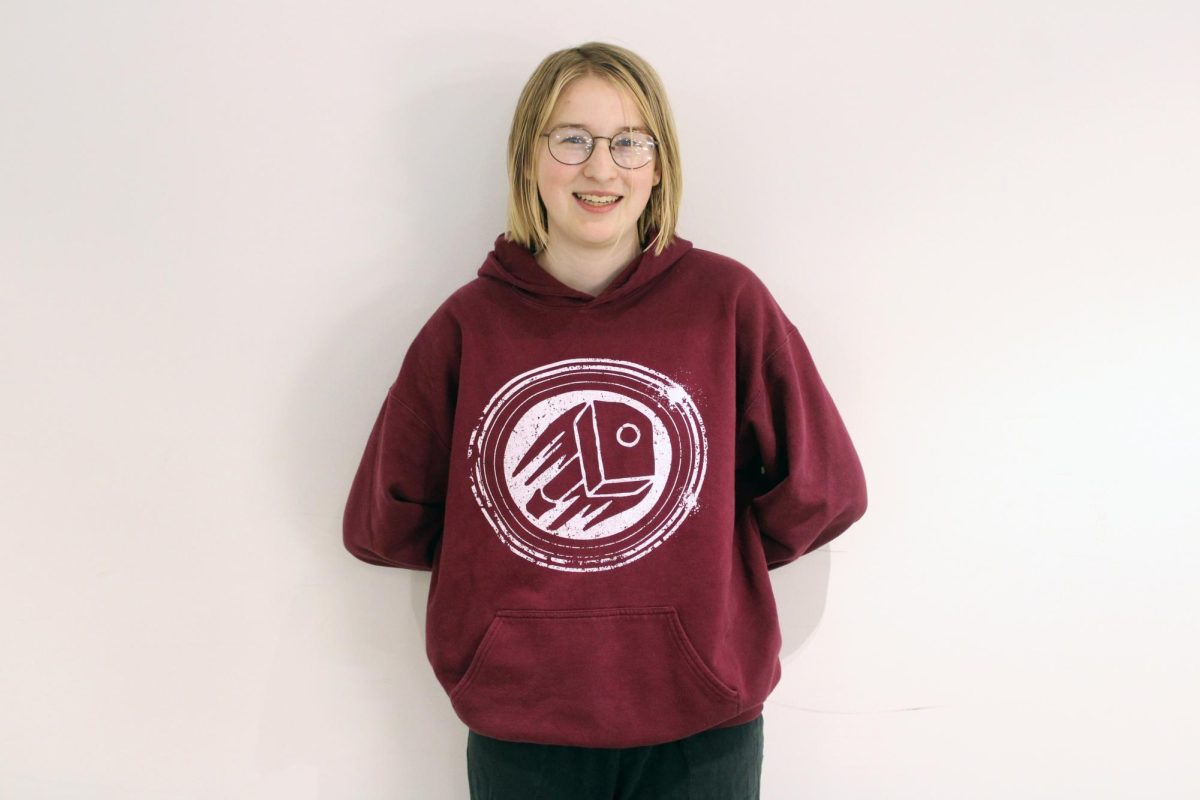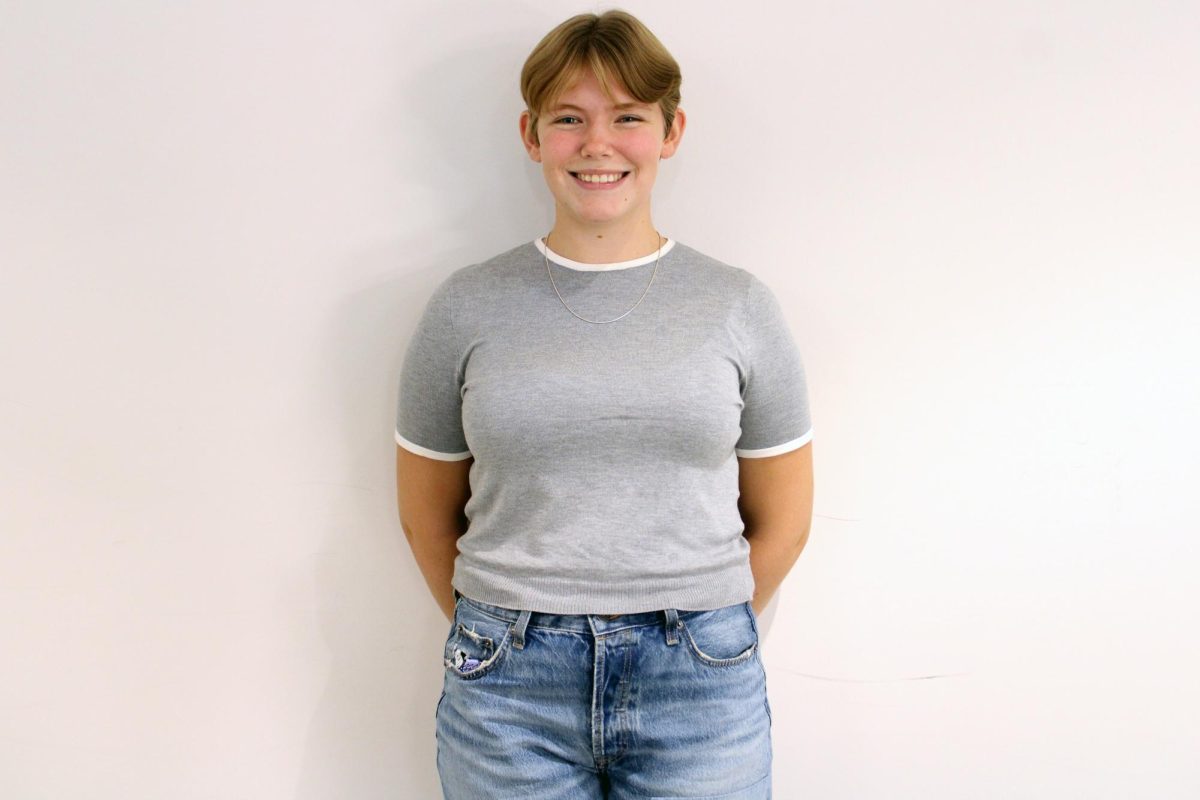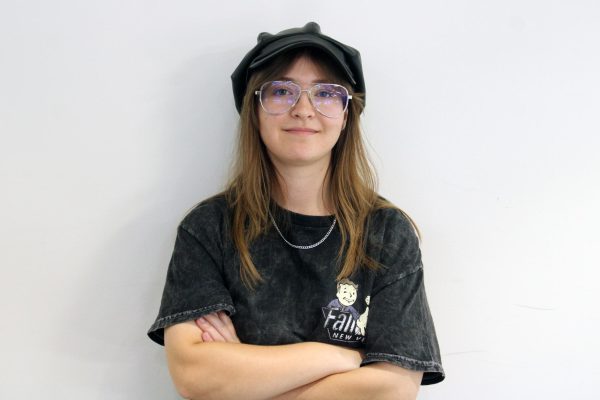In a world where every moment can turn into a captivating story, the way we capture life through photography is under more scrutiny than ever due to a mix of individuals who feel justified in asking photographers not to take their photo for personal and practical reasons, leading to an erosion of public mistrust for journalistic photographers.
Coaches, teachers and even exasperated parents often ask me to get permission before taking a photo of their child in public places, even though they have already given permission upon enrolling in USD 383 schools. This year, though, that pushback has grown stronger, overshadowing a crucial point: the right to a free press is vital in journalism. We must remember how important this freedom is and how it plays a key role in promoting transparency and building connections within the community.
The First Amendment is a powerful protector of our rights, allowing the media to freely share information and opinions without fear of censorship. However, the moment a camera pops out of a bag, it can spark a wave of public disapproval. I’ve encountered many situations where teachers have turned down my requests to take students into the hallway for a quick snapshot, I was once removed from an assignment in a workshop classroom, taking photos of students working on projects, as the teacher and assistant said I was rude and interruptive when their students were working, or the instance when I was called out at the end of a soccer game to stop taking pictures of students while the national anthem is playing.
However, it’s important to keep in mind that journalistic photographers bring make the images that tell stories with emotion and importance, and we have the constitutional right to capture anything that’s visible from public spaces, at any time needed to tell the story, and in public spaces we don’t need anyone’s permission to do so. This right is crucial for fostering a free and open exchange of ideas.
For the general public, I wish for them to understand that a single snapshot of the shutter can elicit a mix of feelings in a public crowd. Think of photographers as a ghost: we’re there working but shouldn’t be bothered because you can’t see us. If it were at a sports game, somebody would rather watch the game than worry about a photographer. The public should understand that The Mentor always prioritizes photos, because we want the best image to be on the front page, and without an image, we can’t adequately tell the story.
I’ve always held respect for my subjects close to my heart in my journey as a photographer. Even though I have the legal right to snap photos, I always make it a point to ask people for their permission first if I think they will question the photo I’m taking of somebody. I think it not only builds goodwill but also shows that I recognize the importance of personal boundaries in our interactions.
In a world where consent and respect are paramount, I believe that open communication is key. Each click of the shutter captures not just an image but also a moment in a time that holds significance for those impacted. I want to ensure that the people I photograph feel comfortable and valued as an individual. I hope you as the reader can understand that, too.







